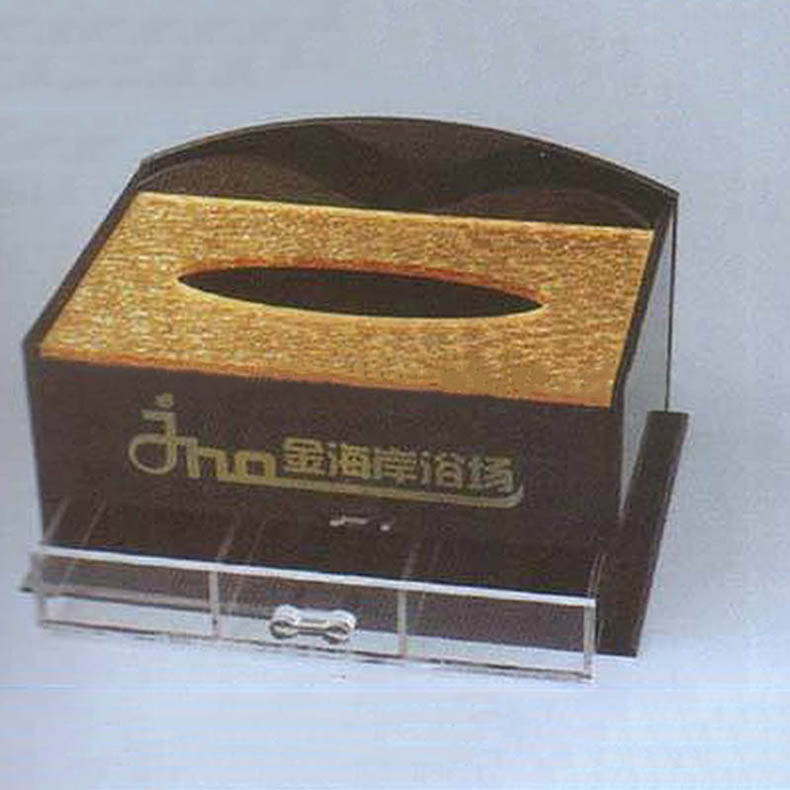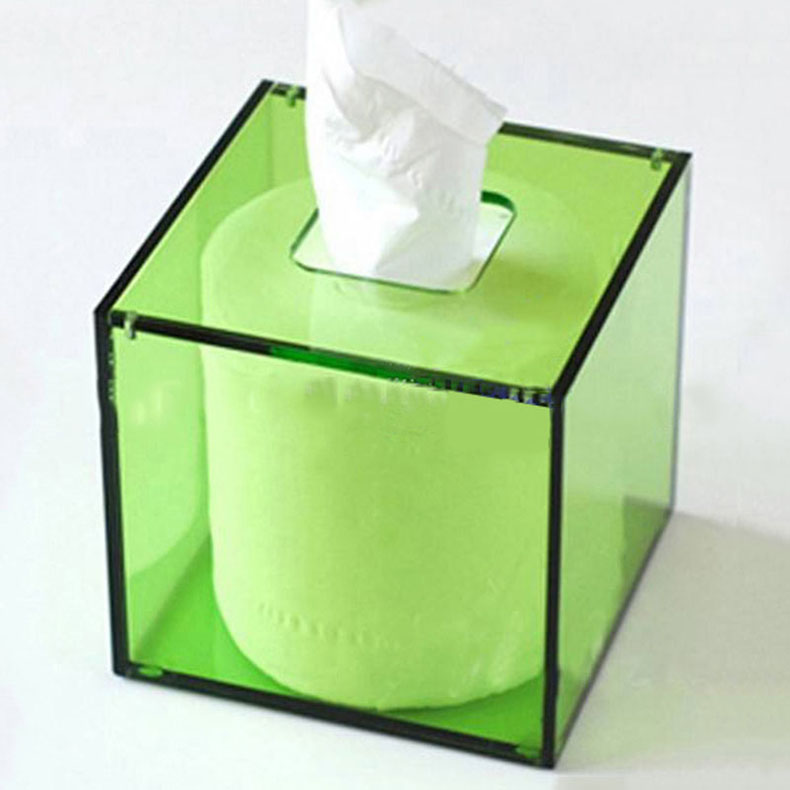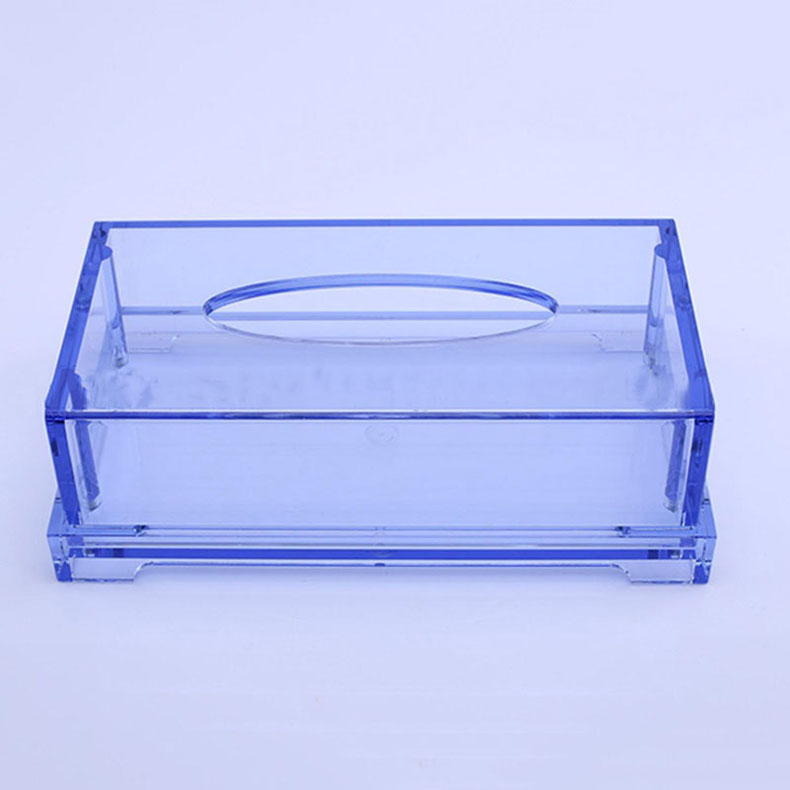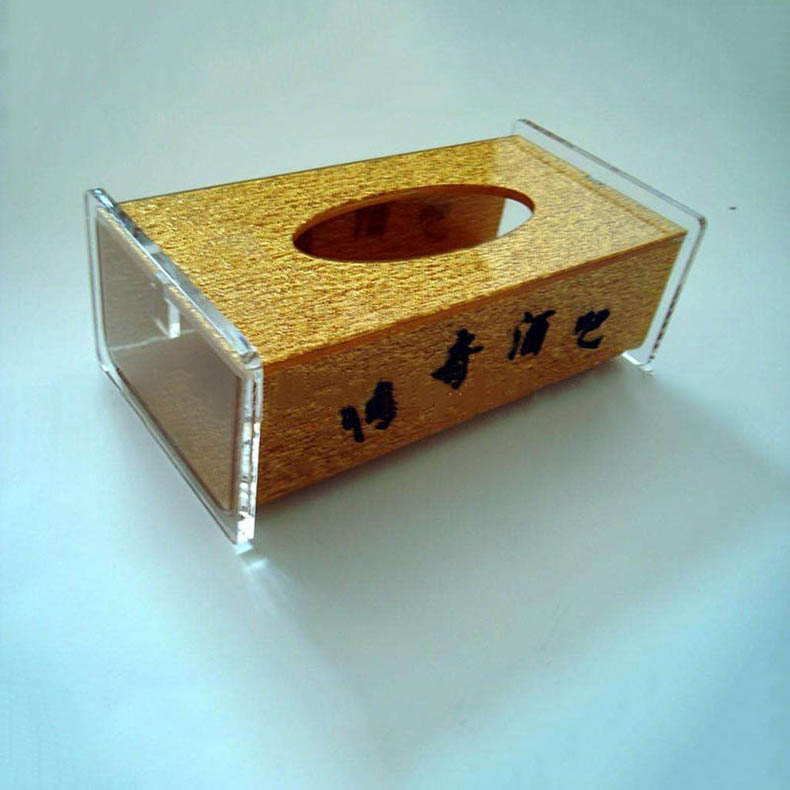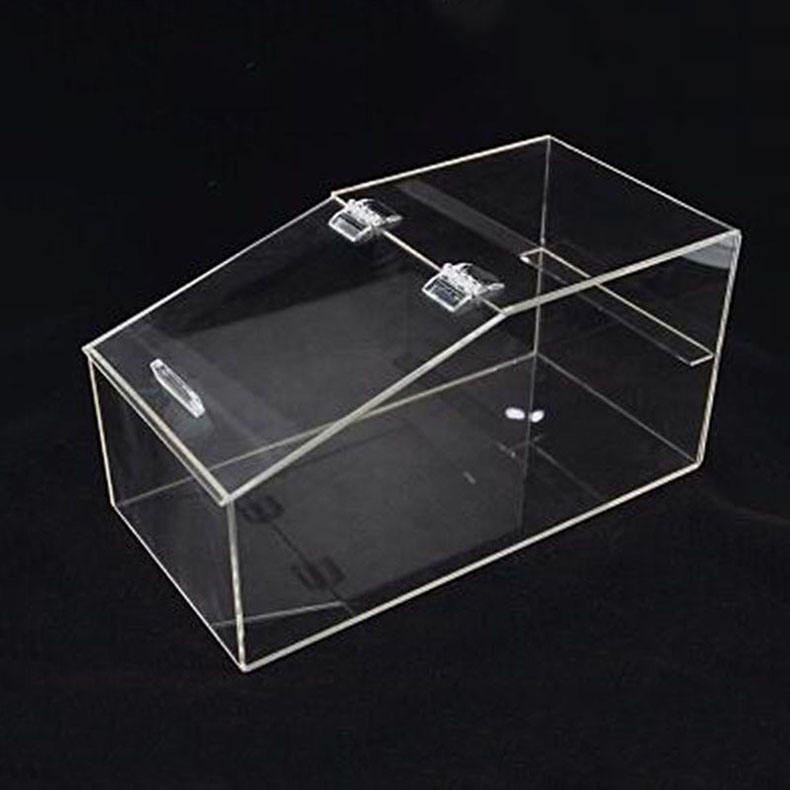When it comes to crafting a clock, the choice of material plays a crucial role in its functionality, aesthetics, and durability. The best material for making a clock depends on various factors such as design preferences, intended use, and environmental conditions. Let's explore some common materials and their suitability for clockmaking.
1. Wood:
Wood has been a traditional choice for crafting clocks due to its warmth, versatility, and ease of customization. Hardwoods like oak, walnut, and mahogany are popular choices for their durability and timeless appeal. Wood lends a classic and rustic charm to clocks, making them suitable for both traditional and contemporary decor styles. However, wood may be susceptible to warping or cracking over time, especially in humid environments.
2. Metal:
Metals such as brass, aluminum, and stainless steel are prized for their strength, durability, and sleek appearance. Brass, in particular, is a favored material for clock casings and components due to its corrosion resistance and malleability, allowing intricate designs to be crafted. Metal clocks exude a sense of sophistication and modernity, making them ideal for minimalist or industrial-themed interiors. However, metal clocks can be prone to scratches and may require periodic polishing to maintain their luster.
3. Glass:
Glass offers transparency and elegance, allowing for unique designs that showcase the clock mechanism. Clocks with glass encasements or faces create a sense of airiness and lightness, making them suitable for contemporary and minimalist settings. Tempered glass is often used for its durability and resistance to shattering, ensuring longevity and safety. However, glass clocks may require more frequent cleaning to remove fingerprints and dust, particularly if placed in high-traffic areas.
4. Plastic/Acrylic:
Plastic or acrylic clocks are lightweight, affordable, and available in a wide range of colors and styles. Acrylic is preferred for its clarity, impact resistance, and ease of shaping, allowing for creative and whimsical designs. Clocks made from these materials are often used in children's rooms, offices, or casual settings where durability and cost-effectiveness are prioritized. However, plastic clocks may not offer the same level of elegance or longevity as those made from natural or metallic materials.
5. Stone:
Stone clocks, crafted from materials such as marble, granite, or slate, exude luxury and sophistication. Each piece of stone is unique, imparting a sense of natural beauty and timelessness to the clock. Stone clocks are prized for their durability and resistance to wear, making them suitable for both indoor and outdoor use. However, stone clocks can be heavy and may require special care during installation to prevent damage.
6. Composite Materials:
Composite materials, such as carbon fiber or fiberglass, offer a blend of strength, lightness, and modern aesthetics. Clocks made from these materials are often used in high-tech or futuristic designs, adding a touch of innovation to any space. Composite materials are highly durable and resistant to moisture, making them suitable for use in kitchens, bathrooms, or outdoor settings. However, clocks made from composite materials may be more expensive than those made from traditional materials.
In conclusion, the best material for making a clock depends on individual preferences, design considerations, and intended use. Whether it's the warmth of wood, the sleekness of metal, the transparency of glass, or the luxury of stone, each material offers its unique advantages and aesthetic appeal. Ultimately, the choice of material should align with the desired style, functionality, and longevity of the clock.



